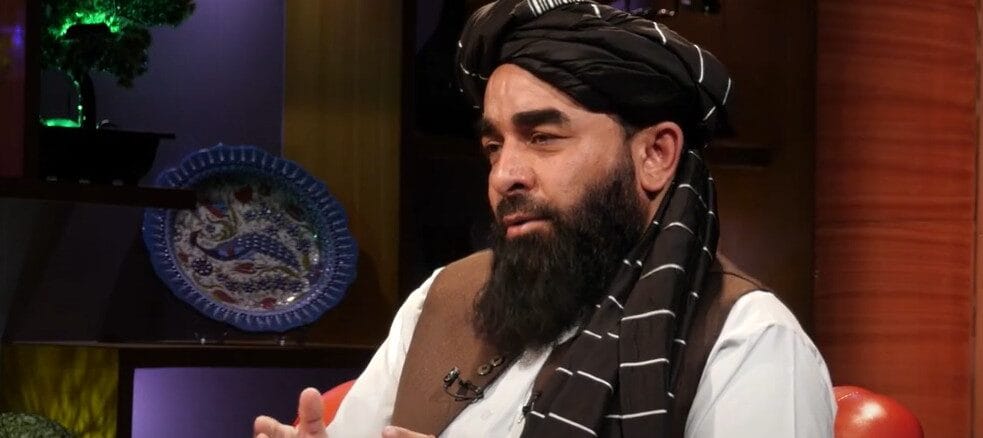
The Taliban government has responded to the findings of an official inquiry into alleged war crimes by the UK’s Special Air Service (SAS), stating that Afghans deserve compensation for atrocities committed by foreign forces. The investigation has unveiled disturbing evidence of a “culture of impunity” among British elite troops during their operations in Afghanistan.
In a statement, Taliban spokesperson Zabihullah Mujahid asserted that the crimes committed by foreign forces were not isolated incidents but part of a coordinated plan. He referenced findings from inquiries into killings carried out by British forces, emphasizing that the Afghan people will, “at an appropriate time, demand their rights in an organized and systematic way.”
Speaking to the Taliban-controlled Bakhtar News Agency via an audio message, Mujahid called for accountability and reparations for Afghan victims. “Those responsible for these crimes are obligated to compensate the Afghan people,” he said, condemning the actions of British troops during the 20-year conflict in Afghanistan.
Evidence of a Culture of Impunity
The inquiry into British forces’ actions between 2010 and 2013, initiated by the UK Ministry of Defense in 2022, has revealed chilling details about the conduct of the SAS. According to testimony released this week, British special forces operated with a sense of impunity, evading accountability for killings, according to one witness. Allegations include the execution of unarmed individuals during nighttime raids and the manipulation of evidence to justify unlawful killings.
One officer testified that during these operations, all “fighting-age males” were killed on sight, regardless of whether they posed a threat or were even armed. In one incident, SAS troops allegedly instructed an Afghan man to return to a building, only to kill him when he emerged with a weapon. The incident raised questions about whether the SAS was deliberately creating scenarios to justify executions.
Culture of Impunity
The inquiry’s findings suggest a pervasive culture of impunity within the SAS. Evidence includes emails, witness statements, and internal communications that highlight concerns raised by junior officers about their superiors’ tactics. In one email exchange, a senior officer referred to SAS operations as reflecting a “casual disregard for life, counterinsurgency principles, and credible reporting.”
A separate incident detailed how SAS soldiers allegedly covered a man’s head with a pillow before shooting him, later staging the scene to include weapons he did not possess at the time of his death. This tactic, referred to in testimony, was part of efforts to falsify reports and obscure the actual circumstances of such killings.
Historical Context and Accountability
The Ministry of Defense has refrained from commenting further, stating it will await the outcome of the ongoing inquiry. Allegations of war crimes by British troops are not new and have been previously highlighted by investigative journalism, including BBC’s Panorama program. The newly revealed evidence, however, paints a broader picture of systemic issues within the UK’s elite forces.
The Taliban, leveraging these findings, argue that such acts represent a failure of accountability by international forces and emphasize the long-term harm inflicted on Afghan civilians. Human rights organizations have also noted that all parties in the Afghanistan conflict, including foreign troops, the Taliban, and other armed groups, contributed to civilian suffering between 2001 and 2021.
Broader Implications
The inquiry has intensified debates about military ethics and accountability. Testimony revealed internal rivalries between the SAS and the Special Boat Service (SBS), with SBS officers and commanders raising concerns about SAS methods as early as 2011. These revelations suggest that a culture of secrecy and denial often stifled internal efforts to address misconduct.
As the investigation continues, calls for justice grow louder, not just from the Taliban but also from human rights advocates and international observers. The unfolding inquiry underscores the enduring consequences of the two-decade-long war in Afghanistan and the need for accountability from all parties involved.


Be the first to comment